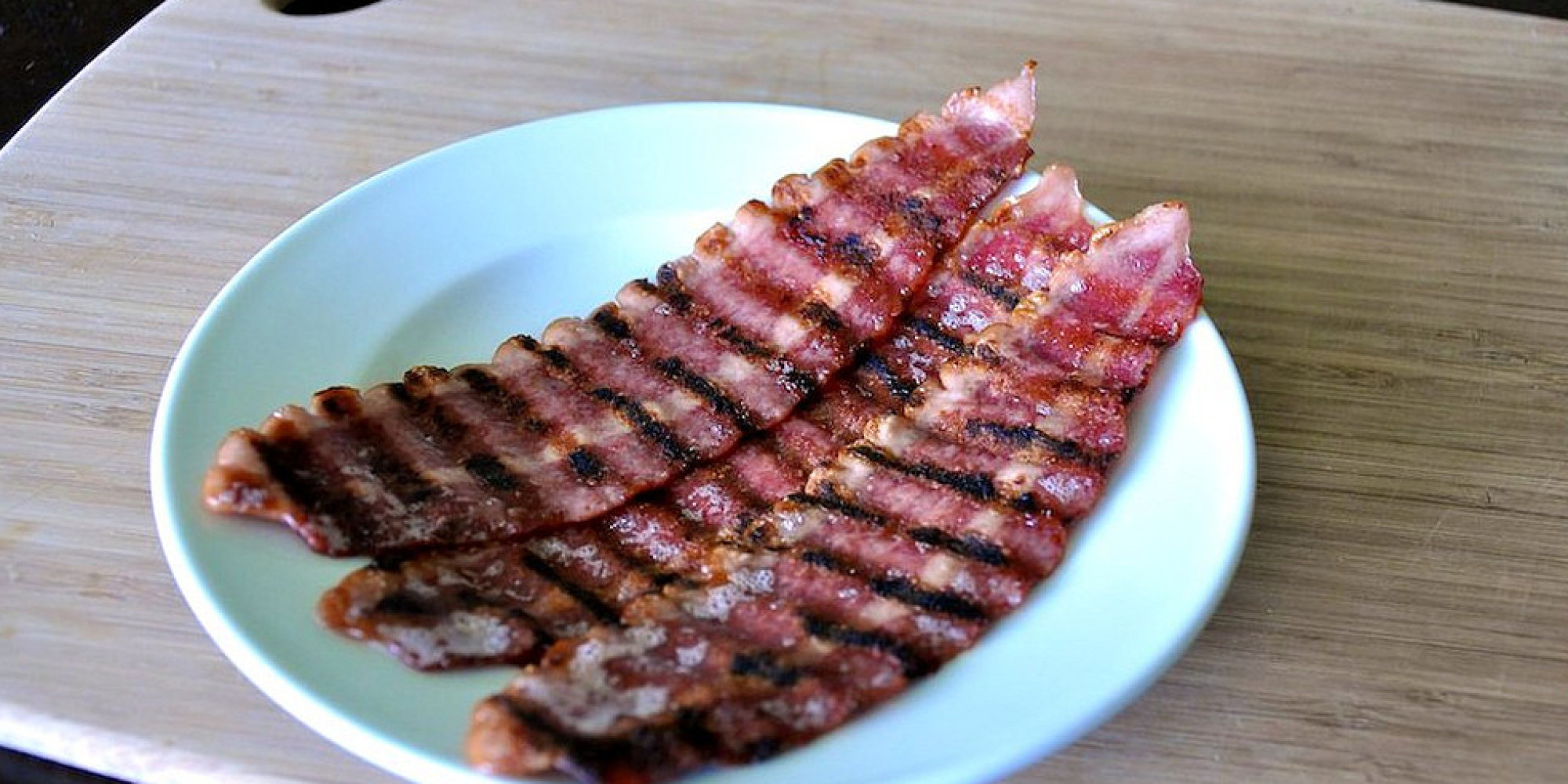Understanding Turkey Bacon
What is Turkey Bacon?
Turkey bacon is a type of bacon made from turkey meat rather than pork. It typically consists of seasoned and cured turkey meat that is sliced thinly and cooked until crispy, similar to traditional bacon.
How is Turkey Bacon Made?
Turkey bacon is made by processing ground turkey meat with seasonings, curing agents, and additives to enhance flavor, texture, and shelf life. It is then formed into strips, sliced, and packaged for sale.
Nutrition Profile
Turkey bacon is often marketed as a healthier alternative to pork bacon due to its lower fat content. While it is lower in total fat and saturated fat compared to pork bacon, it still provides protein, vitamins, and minerals.
Nutrition and Calories in Turkey Bacon
Protein Content
Turkey bacon is a good source of protein, providing approximately 5-6 grams of protein per serving (2 slices), which can help support muscle growth, repair, and satiety.
Fat Content
Turkey bacon contains less fat than pork bacon, with approximately 2-4 grams of total fat per serving. However, it still contains some saturated fat, cholesterol, and sodium, albeit in smaller amounts than pork bacon.
Calories
Turkey bacon typically contains fewer calories than pork bacon, with approximately 35-50 calories per slice, depending on the brand and serving size.
Sodium Content
Like pork bacon, turkey bacon can be high in sodium, with some brands containing around 200-300 milligrams of sodium per slice. It’s essential to monitor sodium intake, especially for individuals with high blood pressure or sodium-sensitive conditions.
Health Considerations and Benefits
Lower in Saturated Fat
Turkey bacon is lower in saturated fat than pork bacon, which may be beneficial for heart health by reducing LDL cholesterol levels and lowering the risk of cardiovascular disease.
Lower Calorie Option
Turkey bacon is a lower-calorie alternative to pork bacon, making it a suitable option for individuals looking to manage their calorie intake or lose weight.
Source of Protein
Turkey bacon provides a moderate amount of protein, which is essential for muscle growth, repair, and overall health. Including protein-rich foods like turkey bacon in meals can help promote satiety and regulate appetite.
Drawbacks and Considerations
Processing and Additives
Like many processed meats, turkey bacon may contain additives, preservatives, and flavor enhancers to improve taste, texture, and shelf life. It’s essential to read labels and choose minimally processed varieties when possible.
Sodium Content
Some brands of turkey bacon can be high in sodium, which may contribute to high blood pressure, fluid retention, and other health issues, particularly for individuals with hypertension or sodium-sensitive conditions.
Potential Allergens
Turkey bacon contains poultry, which can be an allergen for some individuals. People with poultry allergies should avoid turkey bacon and opt for alternative protein sources.
FAQs about Turkey Bacon
Is turkey bacon healthier than pork bacon?
Turkey bacon is generally considered a healthier alternative to pork bacon due to its lower fat and calorie content. However, both types of bacon should be consumed in moderation as part of a balanced diet.
Can turkey bacon be part of a weight loss diet?
Turkey bacon can be included as part of a weight loss diet due to its lower calorie content compared to pork bacon. However, portion control and moderation are key to managing calorie intake and achieving weight loss goals.
Is turkey bacon suitable for a low-sodium diet?
While turkey bacon may be lower in sodium than pork bacon, it can still be high in sodium, depending on the brand and processing methods. Individuals following a low-sodium diet should choose low-sodium or sodium-reduced varieties of turkey bacon.
Can I eat turkey bacon if I have a pork allergy?
Yes, turkey bacon is a suitable alternative for individuals with pork allergies. However, it’s essential to check labels and ensure that the turkey bacon does not contain any pork-derived ingredients or cross-contamination.
Is turkey bacon processed meat?
Yes, turkey bacon is considered a processed meat because it undergoes processing, curing, and other additives to enhance flavor, texture, and shelf life. Processed meats have been associated with an increased risk of certain health conditions when consumed in excess.
Can I use turkey bacon as a substitute for pork bacon in recipes?
Yes, turkey bacon can be used as a substitute for pork bacon in various recipes, including breakfast dishes, sandwiches, salads, and pasta dishes. It provides a similar smoky flavor and crispy texture while offering a leaner alternative.
Is turkey bacon suitable for vegetarians or vegans?
No, turkey bacon is not suitable for vegetarians or vegans as it contains poultry-derived ingredients. Vegetarians and vegans can opt for plant-based bacon alternatives made from ingredients like tempeh, tofu, seitan, or coconut.
Conclusion
Turkey bacon offers a lower-fat, lower-calorie alternative to traditional pork bacon while still providing protein and savory flavor. While it can be part of a balanced diet, it’s essential to choose minimally processed varieties and consume it in moderation, considering factors such as sodium content, processing methods, and individual dietary preferences and needs. By incorporating turkey bacon into meals mindfully and balancing it with a variety of nutrient-rich foods, you can enjoy its taste and texture while supporting your health and well-being.
- Nu-Derm Skin System Near East Molesey, Surrey - June 1, 2025
- Will Weight Gain Reduce Nasolabial Folds? - June 1, 2025
- The Emotional Cost Of Being Ghosted In A Relationship - May 31, 2025

